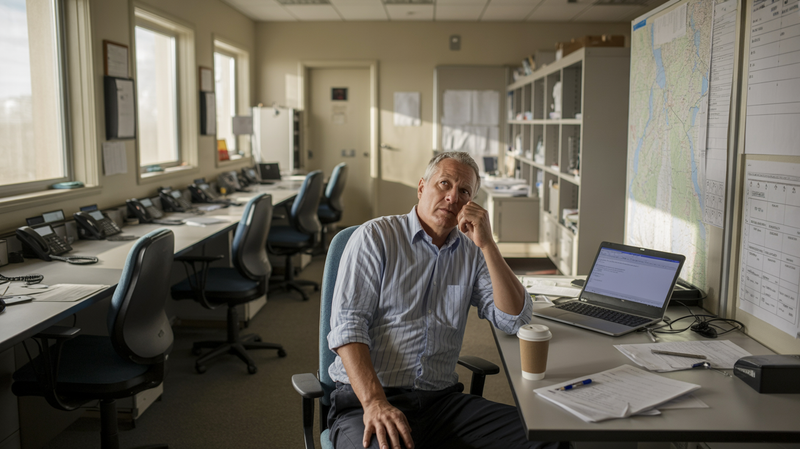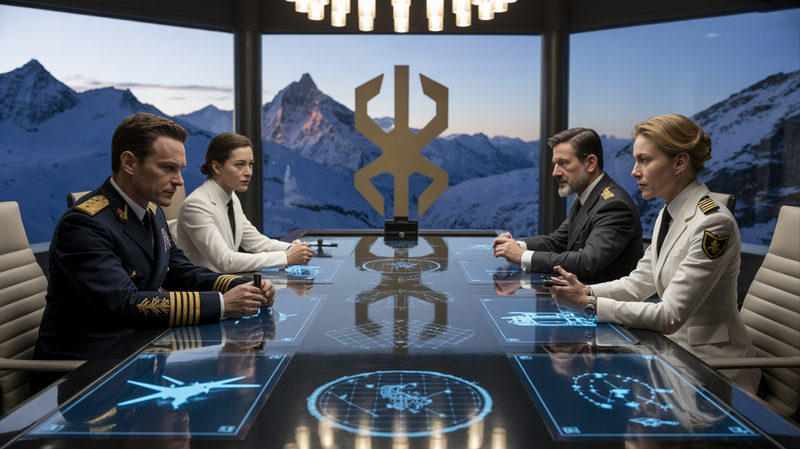The Imperative for the Unified Global Center for Human Rescue in Light of Acapulco's Category 5 Hurricane Disaster
The ferocity of nature was once again made clear when Acapulco faced the wrath of a Category 5 hurricane, leaving behind unparalleled devastation. Buildings were razed to the ground, streets were submerged, and an entire city found itself crippled. The immediate aftermath brought forth heart-wrenching images of loss, desperation, and

The ferocity of nature was once again made clear when Acapulco faced the wrath of a Category 5 hurricane, leaving behind unparalleled devastation. Buildings were razed to the ground, streets were submerged, and an entire city found itself crippled. The immediate aftermath brought forth heart-wrenching images of loss, desperation, and an urgent need for assistance.
In situations of such magnitudes, where entire cities can be decimated within hours, the need for a unified, coordinated global response becomes not just beneficial, but essential. Local authorities, despite their best efforts, are often overwhelmed by the scale of such disasters. This is where the vision for the "Unified Global Center for Human Rescue" (UGCHR) becomes crucial.
The UGCHR would not just be another humanitarian organization. Instead, it would serve as a centralized hub, pooling resources, expertise, and knowledge from around the world to assist regions in distress. Its goal would be twofold:
Immediate Relief: Rapid deployment of search and rescue teams, medical units, and essential supplies to ensure that the golden hours post-disaster are utilized to save as many lives as possible.
Sustainable Recovery: Collaborating with local authorities to rebuild the city in a way that not only restores it to its former glory but makes it more resilient and better prepared for potential future disasters.
Post the Acapulco tragedy, the UGCHR would've been instrumental in ensuring that relief efforts are not duplicated or scattered. By having a unified command and control center, the resources could be allocated more efficiently, ensuring that aid reaches the most vulnerable and affected areas promptly.
The UGCHR would also serve as a repository of best practices, research, and insights into disaster management. This would enable quicker decision-making and reduce the learning curve in crisis scenarios.
In the face of increasing global climate challenges, the Acapulco disaster serves as a somber reminder of the urgent need for cohesive, coordinated, and rapid global responses. The vision for the Unified Global Center for Human Rescue isn't just an ambitious dream, but a necessary evolution in the way we approach global disasters in an interconnected world. The people of Acapulco, and countless others who might face similar challenges in the future, deserve nothing less.




